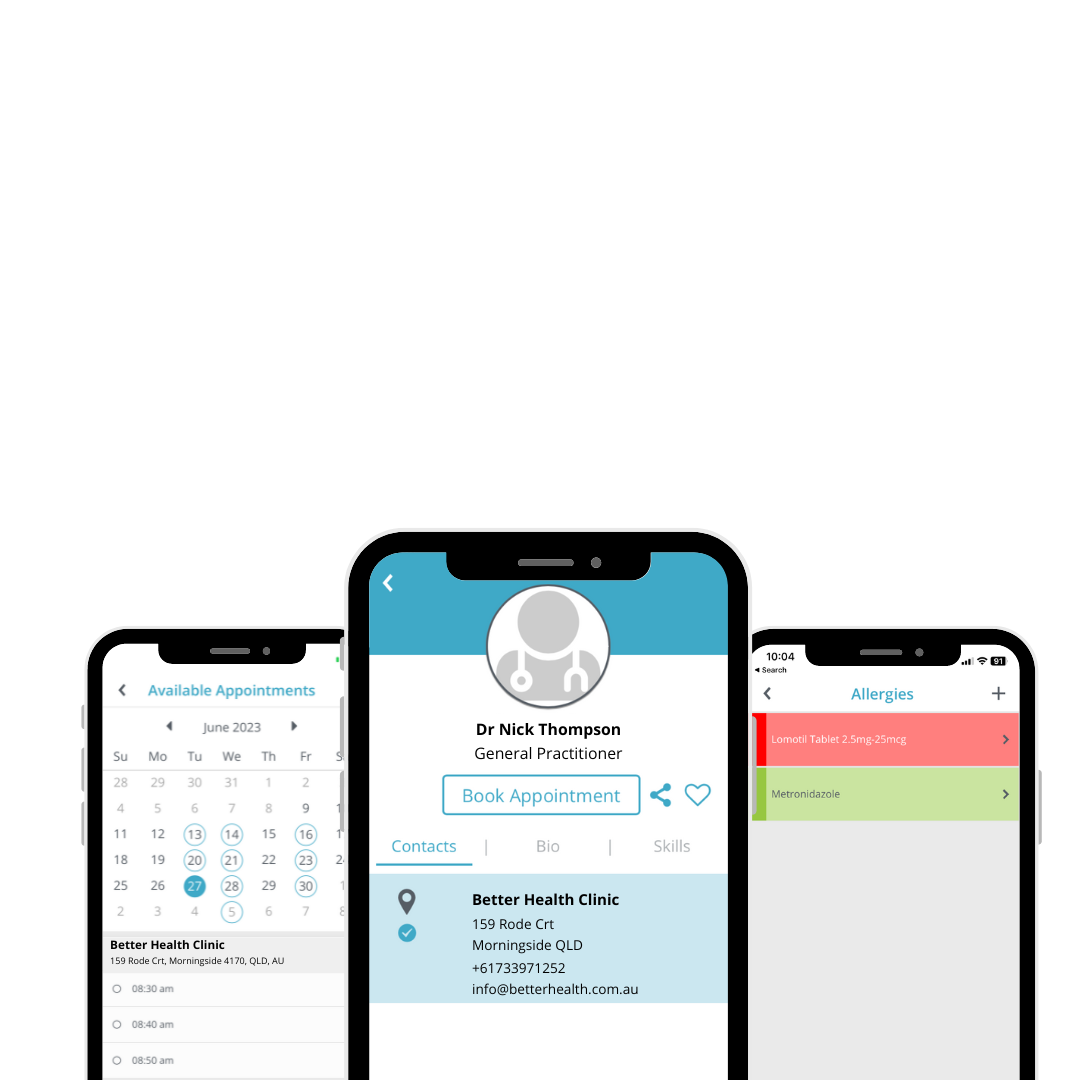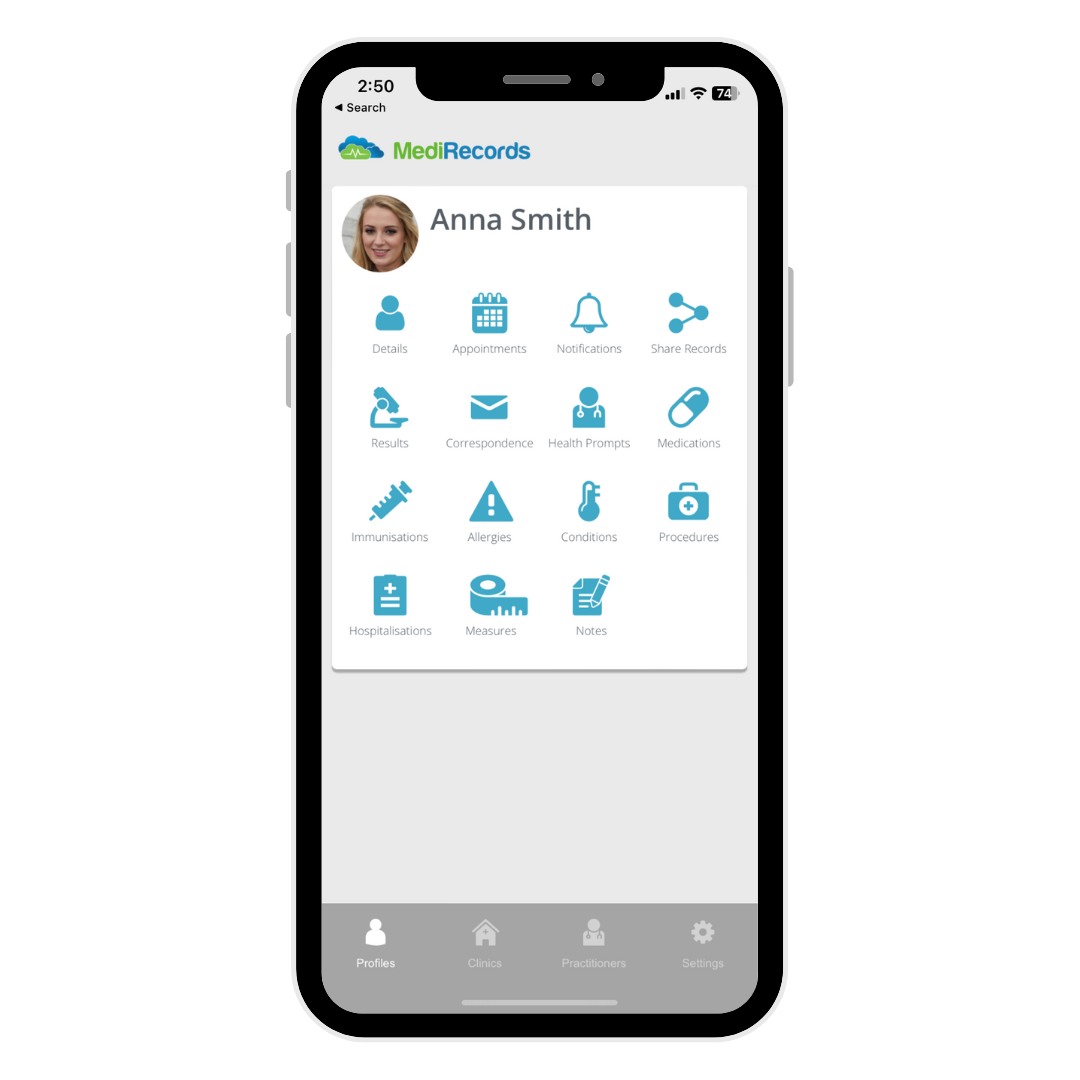The Future of Healthcare: Why Clinics Required a Mobile App Today
As the medical care landscape remains to advance, clinics face mounting pressure to adjust to patient expectations for better convenience and accessibility. The combination of mobile applications can offer as an important approach for improving client involvement and improving procedures. By leveraging modern technology to enhance interaction and provide important solutions, facilities not only attend to existing demands but likewise place themselves for future success. The ramifications of this change expand beyond mere operational efficiency; they might redefine person relationships and care delivery in profound methods. What might this makeover resemble for both people and facilities?
Altering Individual Expectations
As the landscape of health care evolves, person expectations are undergoing a considerable change. Today's clients are increasingly looking for convenience, availability, and personalized treatment.
Additionally, patients are ending up being extra informed and equipped, often investigating treatments and problems on the internet prior to consultations. This increased recognition is coupled with a demand for openness in medical care processes, consisting of price estimates and treatment choices. Therefore, service providers are urged to adapt by adopting digital tools that improve the individual experience.
The assumption for efficient and timely communication has never ever been greater, with several people considering responsiveness a vital element of high quality treatment. mobile app for clinics. In this progressing landscape, health care companies need to identify these transforming assumptions and take advantage of mobile applications to promote a much more patient-centric technique, making certain that they not just fulfill yet go beyond the requirements established by today's educated consumers
Enhancing Client Engagement

Mobile applications help with interaction in between clients and doctor, making it possible for real-time appointment organizing, reminders for medicine adherence, and straight messaging features. These performances not just enhance comfort yet likewise develop a feeling of accountability among people. Mobile applications can use instructional web content customized to specific needs, helping clients much better recognize their problems and therapy alternatives.
The assimilation of gamification elements within medical care applications can likewise motivate people to involve in healthy actions, strengthening positive way of living modifications. Ultimately, boosting client engagement via mobile applications leads to enhanced health end results, higher patient contentment, and a much more joint healthcare experience.
Streamlining Center Operations
Enhancing clinic procedures is important for boosting operations effectiveness and maximizing client treatment. The implementation of mobile applications can dramatically decrease management burdens, enabling medical care suppliers to focus a lot more on person interactions. By automating appointment organizing, patient check-ins, and invoicing procedures, facilities can reduce wait times and enhance total functional effectiveness.
Mobile applications additionally assist in real-time accessibility to person records, allowing health care specialists to make informed decisions rapidly. This immediacy not just boosts the top quality of care yet also decreases the probability of mistakes linked with misplaced or dated information. In addition, leveraging mobile technology supports a more organized method to handling individual follow-ups and treatment strategies, making certain that no critical steps are overlooked.
This allows for timely replenishment and helps stay clear of disruptions in patient care due to stock scarcities. Get More Info By integrating these capabilities right into their day-to-day procedures, clinics can create a much more cohesive and efficient environment, inevitably leading to enhanced client results and fulfillment.
Improving Interaction Channels
Reliable interaction is frequently cited as a keystone of high quality health care shipment. In today's busy clinical atmosphere, mobile applications can considerably improve communication networks between centers, people, and doctor. By integrating mobile apps into their procedures, clinics can help with real-time communications, guaranteeing that patients get prompt info concerning their consultations, test outcomes, and therapy strategies.
Mobile apps likewise equip individuals to communicate straight with their health care teams via safe messaging features. This straight line of interaction cultivates a sense of interaction and allows for prompt explanation of worries, which can cause better adherence to therapy procedures. Press notices can advise clients of upcoming visits or medication timetables, decreasing no-show rates and boosting total wellness end results.

Remaining Competitive in Healthcare
In a swiftly advancing medical care landscape, organizations have to focus on innovation and versatility to maintain a competitive side. The integration of mobile applications into healthcare services is no more optional; it is vital for clinics aiming to improve individual interaction, simplify operations, and improve total service shipment.
As clients significantly rely upon electronic platforms for health monitoring, clinics that fail to adopt see here mobile technology threat dropping behind. A well-designed mobile application can provide attributes such as visit organizing, telemedicine consultations, and accessibility to medical documents, providing individuals with convenience and cultivating commitment.

Competitors are also buying mobile remedies, so staying in advance needs constant improvement and staying educated concerning technological innovations. Clinics should not only apply mobile applications yet likewise involve in regular updates and refinements. Eventually, the successful combination of mobile modern technology will certainly differentiate forward-thinking medical care organizations and established the standard for patient-centric care in an electronic globe.
Conclusion
To conclude, the combination of mobile applications in clinics is critical to attend to the progressing landscape of person expectations. By boosting client interaction, improving operations, and improving interaction networks, clinics can dramatically boost health outcomes. Additionally, the fostering of mobile innovation positions facilities to stay competitive in a significantly electronic health care environment. Ultimately, the strategic application of mobile applications stands for an essential action towards delivering easily accessible and customized medical care, thus meeting the needs these days's empowered clients.
Eventually, improving client engagement through mobile applications leads to boosted wellness results, greater patient complete satisfaction, and a more joint medical care experience.Mobile apps also promote real-time accessibility to client records, making it possible for health care professionals to make enlightened choices rapidly. In today's fast-paced clinical atmosphere, mobile applications can considerably enhance interaction channels between facilities, individuals, and health care companies.Mobile apps also encourage individuals to interact straight with their health care teams via protected messaging features. Inevitably, the critical execution of mobile apps stands for a vital step towards delivering individualized and available medical care, thus meeting the needs of today's equipped people.
Comments on “The Benefits of Implementing a Mobile App for Clinics in Today's Healthcare”